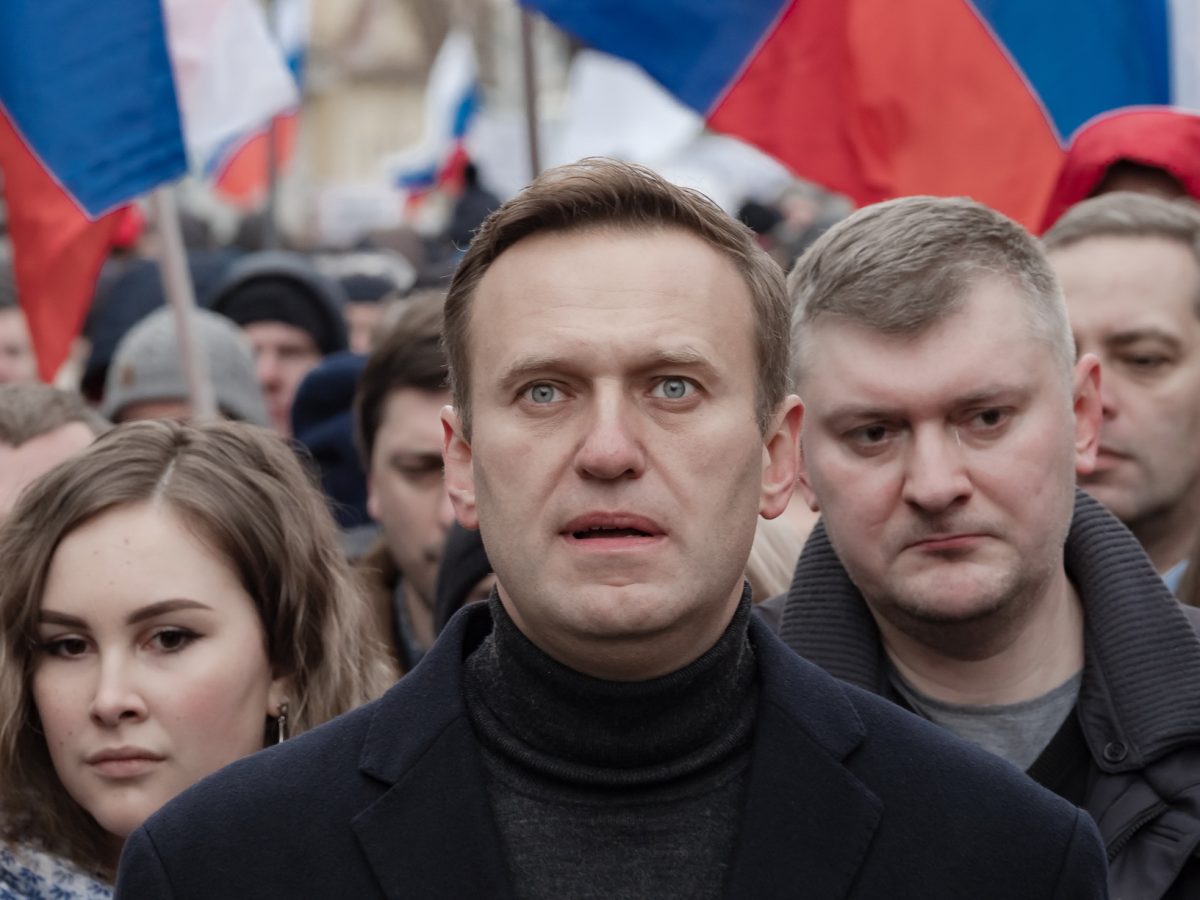As of Feb. 22, 2024, the world is two days away from the second full year of the Russo-Ukrainian war. Although the headlines have since been replaced with more recent events, the war’s importance remains a top priority for many leaders worldwide, including the Biden administration.
It seems that Putin’s “three-day war” has evolved into one of attrition, with even the smallest gains won by either side being lost in months. However, the war has begun to turn in Russia’s favor as the constant pressure on Ukraine has begun to crack its heavily fortified defenses in recent battles.
The most recent of these cracks was the Russian capture of Avdiivka, a small town just north of Donetsk, on the 17th of February. According to Ukrainian officials, they retreated from the town to create a new defensive line in the east.
This pressure from Russia might seem unlimited to the rest of the world, but to the Russian people, it is taking its toll. According to the Kyiv Independent, Russia has lost over 403,000 troops since the war began in 2022. These massive losses are producing results, however small they may be.
As further Ukrainian war funding by the United States comes under scrutiny in the legislative branch, the threat of continued Russian victories seems imminent. Though the war in Ukraine has been at the forefront of Russian minds as of late, Putin never forgot his main priority: controlling Russians domestically.
Alexei Navalny, who in 2018 was the largest opposition to Putin in Russia, stated to documentary crews that “if I die, then that shows you the power that we have, and that we have to use it”.
On Feb. 16, Putin’s allies supposedly killed the former leader, who was serving a 19-year sentence for extremism in a federal prison just north of the Arctic Circle – far away from his protest grounds in Moscow and St. Petersburg. The Navalny family, who first broke the story of his passing, claimed that bruises on Navalny’s body were consistent with strangling and that this does not line up with government reports of “sudden death syndrome”.
Though Putin seems to have gotten his wish, through the death of his biggest rival, this has only strengthened public opposition. Memorials have popped up to the late anti-authoritarian across Russia. Alexei Navalny’s widow, Yulia Navalnaya stated she “[has] no right to give up. I will continue the work of Alexei Navalny” to support democracy in Russia.
To this end, Dr. Jen Ziemke of the Political Science Department stated that with two years of war, and Navalny’s passing in mind that “she was very sad about Navalny’s passing” and that the situation has gotten this ugly. Through his documentary Navalny (2022) Ziemke said she even felt that she “knew him” and will be showing the film in her next classes, specifically to hit home at the decline in freedom both inside and outside of Russia in recent times.
As 730 days of bloodshed have passed, both in Ukraine and at home in Russia, it is clear Putin has found himself in a catch-22. This dilemma, which the Toda Peace Institute mentioned one month into the Ukrainian War, is that Putin cannot save face without pulling out of the war and that as the war goes on, domestic relations in Russia will worsen.
Two years later, this has seemingly been proven to be the case. Between businessmen’s deaths, the Wagner coup and the rise of more opposition candidates, the chaos within Russia’s borders seems to be more than what Putin bargained for at the start of his offensive two years ago. Only time will tell how this dilemma will be solved by Putin, or hopefully a democratic successor, sometime soon.


